A future Formula 1 grand prix will not be cancelled should another case of the coronavirus be discovered on-site, according to the head of the FIA's medical commission.
The arguably surprising message has come from Professor Gérard Saillant, who claims the advances made in such a short period of time to detect and isolate COVID-19 carriers would allow F1 to run safely.
In mid-March, F1 opted to cancel the season-opening Australian Grand Prix after a member of the McLaren team tested positive for the disease.
A further nine races have since been either postponed or cancelled due to the global pandemic, with F1 hoping to get the season underway in Austria in early July, and under strict controls.
Saillant is confident that with the measures due to be imposed, even if there is a further positive test within the paddock, F1 will continue.
"The situation has evolved from Australia," the 75-year-old Frenchman told L'Equipe.
"We have provided a rapid response device to confirm the diagnosis, isolate and test people who have been in contact with a positive case.
"For me, the grand prix would not be cancelled. It is as if you were telling me that the metro is closed because a traveller has been positively diagnosed there."
Saillant has confirmed the FIA is currently working on recommendations made by both the World Health Organisation and the International Olympic Committee, claiming the latter organisation is interested in the governing body's plans as F1 is set to become "the first international sporting event to start again".
With the plans for each country likely to be different, Saillant said: "What will happen in Austria may be different from what will happen in Germany or Hungary.
"Each country has different regulations, and the situation of the circuit, of the hotels, will also influence this confinement rule. If the track is in the countryside, things are different than if it is in a city.
"Singapore or Vietnam would have a completely different medical organisation if they had a grand prix to organise now. Already, the Singaporean government could force the entire paddock to be isolated for a fortnight before we can access the track.
"For Austria, it's different. The country is emerging from the crisis which, at home, has been relatively moderate. In this safe country, the rule of the game would be to do something in the even safer paddock."
With up to 2,000 people still due to attend a locked-down grand prix, Saillant claims regular checks would be done by either a PCR or temperature test, while at-risk personnel would not be allowed to travel.
"All these precautions would allow between 1,000 and 2,000 people inside the circuit, for whom a maximum of measures will be taken," said Saillant.
"And if they leave the circuit, according to very strict rules [same bus, same place, the same hotel], we will repeat the tests at a rate that remains to be defined by the local authorities and the WHO."
As to the number of people potentially required for testing, Saillant said: "We are currently strengthening a great partnership with the International Red Cross in order to have, in addition to the usual medical cover, special COVID personnel.
"But the tests practised today may not be the same in July. There is more and more talk of faster saliva tests to avoid immobilising 1,000 people, of kits with results in a few minutes."
In order for F1 to operate safely, only essential team and support staff personnel will be allowed to attend grands prix, operating in what F1's managing director of motorsports Ross Brawn has described as a "biosphere"-type scenario.
Confirming the plans, Saillant said: "We have to limit the risks.
"With a grand prix behind closed doors, there is no need for hospitality. Those present will be in a ventilated, unconfined space, and will have been selected.
"Within this 'bubble', we are working with the legal department to set up, on a voluntary basis, an app which would make it possible to know what contact was made, less than a metre away, with someone positive."
Related














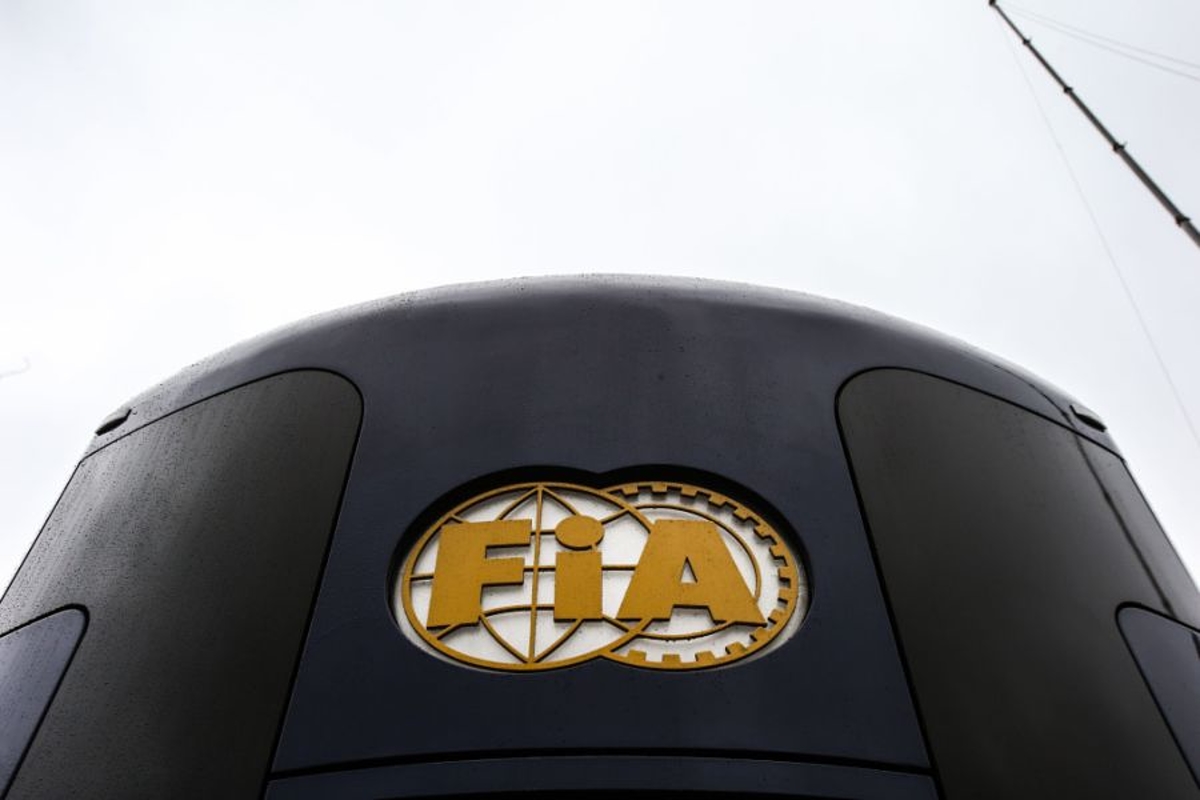
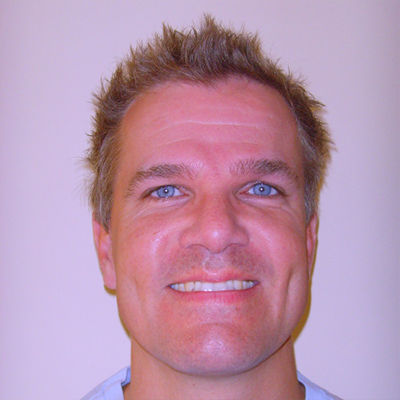






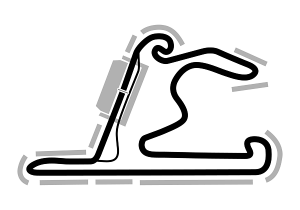

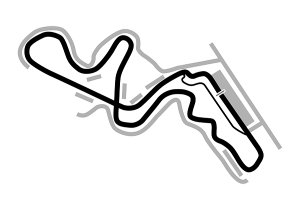

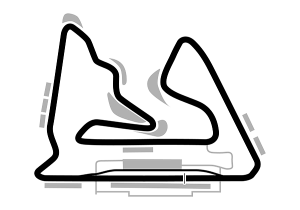

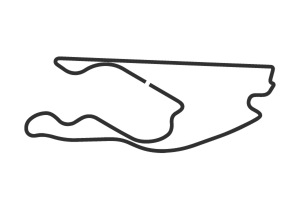
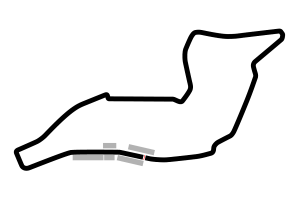

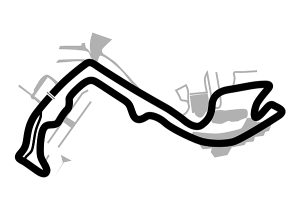

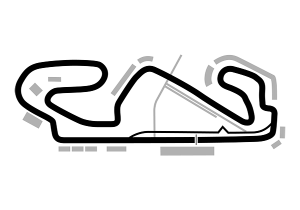









 Grand Prix du Canada 2025
Grand Prix du Canada 2025  Grand Prix of Austria 2025
Grand Prix of Austria 2025  Grand Prix of Belgium 2025
Grand Prix of Belgium 2025  Grand Prix of Hungary 2025
Grand Prix of Hungary 2025  Grand Prix of Azerbaijan 2025
Grand Prix of Azerbaijan 2025  Grand Prix of Singapore 2025
Grand Prix of Singapore 2025  Gran Premio de la Ciudad de Mexico 2025
Gran Premio de la Ciudad de Mexico 2025  Grande Prêmio de São Paulo 2025
Grande Prêmio de São Paulo 2025  Qatar Grand Prix 2025
Qatar Grand Prix 2025  Grand Prix of Abu Dhabi 2025
Grand Prix of Abu Dhabi 2025 